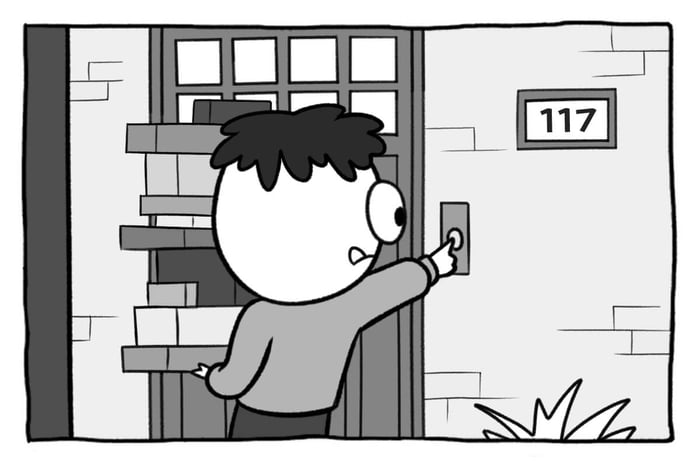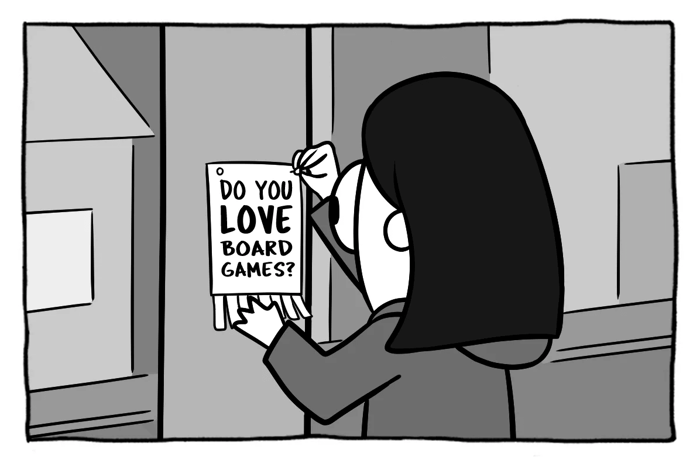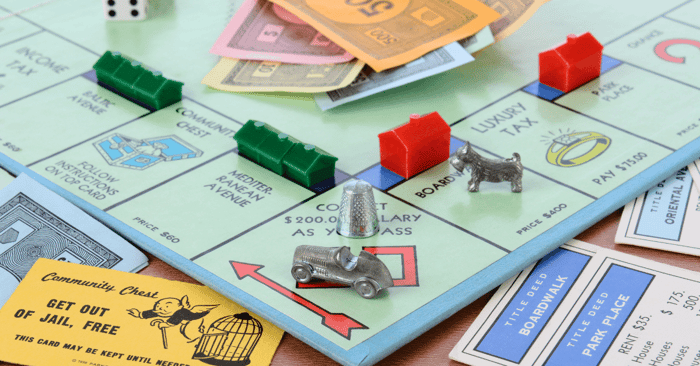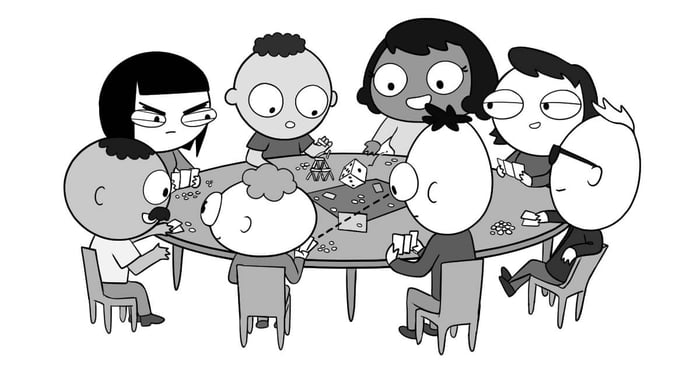If you were board gaming with Kenny Rogers, there would be no unspoken rules. You'd know the importance knowing when to hold 'em or fold 'em. And for goodness sake, don’t count that money while you’re sittin’ at the table on game night.
Most groups of casual gamers have no such explicit mores. And yet, it's certainly possible to commit a faux pas that will result in a dearth of repeat invitations. Like that time I gestured too expansively while playing Trivial Pursuit with some new friends in Paris...then I toppled my champagne flute all over their board. Mais non, I was not invited back for a rematch.
But if you embrace these essential attributes of the considerate gamer, you'll nearly always be invited back to game night. Here are my tips.
1. Keep it clean.
That means enjoying your snacks and drinks well out of splash range of the board. It also means no blowing on or kissing the dice, no matter how badly you need snake eyes.
2. Be nice.
You don't browbeat players for moving too slow, especially if they're new at the game. You don't excessively flex, even when you’re on a streak. You don’t berate players for silly mistakes.
And you really don't team up to persecute one player. Unless they deserve it (maybe because they've broken all the other rules on this list), that's just mean.
3. Value everyone's time.
Your fellow gamers enjoy your company, but that doesn't mean they want to be here all night. Respecting their time means being ready to play—not texting, not telling an endless story, not staring into space, and not being in the bathroom—when it's your turn. The considerate player times absences from the table to begin immediately after her turn and conclude before her next turn.
This extends to how much time you take to make a move. If you're locked in a truly competitive struggle and everyone is taking 20 minutes for a turn, fine. But if you bring the game to a grinding halt every time it comes around to you? Lighten up and make a move.
The biggest way to show your respect for others’ time is to finish a game you start. If you commit to a game and then decide you’re too tired halfway through—especially if it’s a game that can’t continue without you—don’t bother asking to play next time.
4. Be respectful.
This one could be open to a million interpretations, but to me, a respectful player accepts house rules without debate and doesn't interfere with game play. For instance, he doesn't coach other players who didn’t ask for help, and he doesn't blurt out the answer to a trivia question while another player is still thinking.
5. Be a good sport!
You already knew this one. But did you? Have you really thought about all the ways sportsmanship applies to civilized board game play?
A good sport doesn’t whine and beg for a redo if they don't like where they landed. They don't get mad at opponents for taking action against them—it’s just part of the game. And for goodness sake, a good sport accepts that, as Kenny would say, "every hand's a winner, and every hand’s a loser." Even in Uno.
What happens if you slip up and break one of these guidelines for good gaming citizenry? If your heart is in the right place, your opponents will probably overlook your gaffe and welcome you back next time for game night. But just in case, as I should have done that night in Paris: Let everyone know that next time, you’ll be bringing the champagne.
I’ll take mine in a sippy cup.
Read another great article by Carrie, 8 Types of Gamers You'll Meet Playing Board Games.





